This website uses cookies so that we can provide you with the best user experience possible. Cookie information is stored in your browser and performs functions such as recognizing you when you return to our website and helping our team to understand which sections of the website you find most interesting and useful.
From empowering people through literacy and livelihoods training to developing interventions that help vulnerable youth and adults continue their education and live healthier lives, 2017 was a year full of progress across World Education’s programs.
Asia
Improving Access to Education for Girls in Nepal
Over 20 years, World Education has helped more than 120,000 out-of-school girls with education and empowerment programs in Nepal, including more than 9,000 out-of-school girls in 2017.
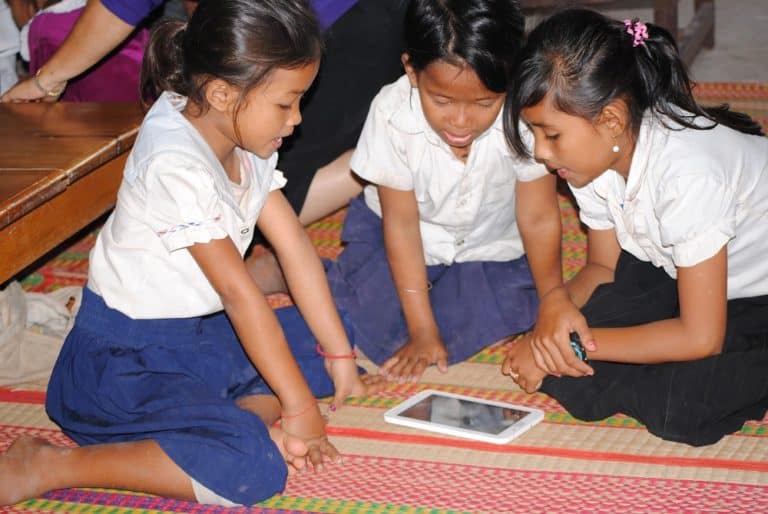
Harnessing Technology to Improve Early-Grade Literacy in Cambodia
World Education’s innovative information and communication technology tools and digitized resources in early-grade literacy have supported more than 75,000 students and trained more than 3,000 teachers.
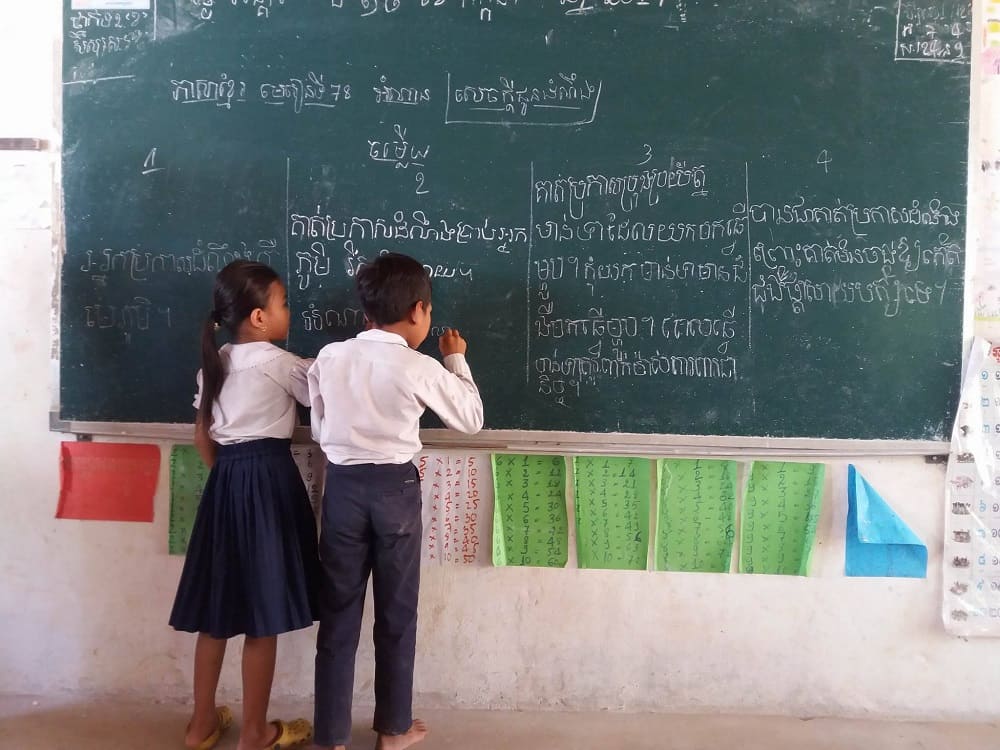
United States
Empowering Employees with Workplace Education
Employees at the Boston Seaport Hotel and World Trade Center and Sidekim Foods have participated in more than 4,000 hours of workplace education classes. More than 90% of participating employees reported that the program has helped them achieve their goal of improving their English communication skills.
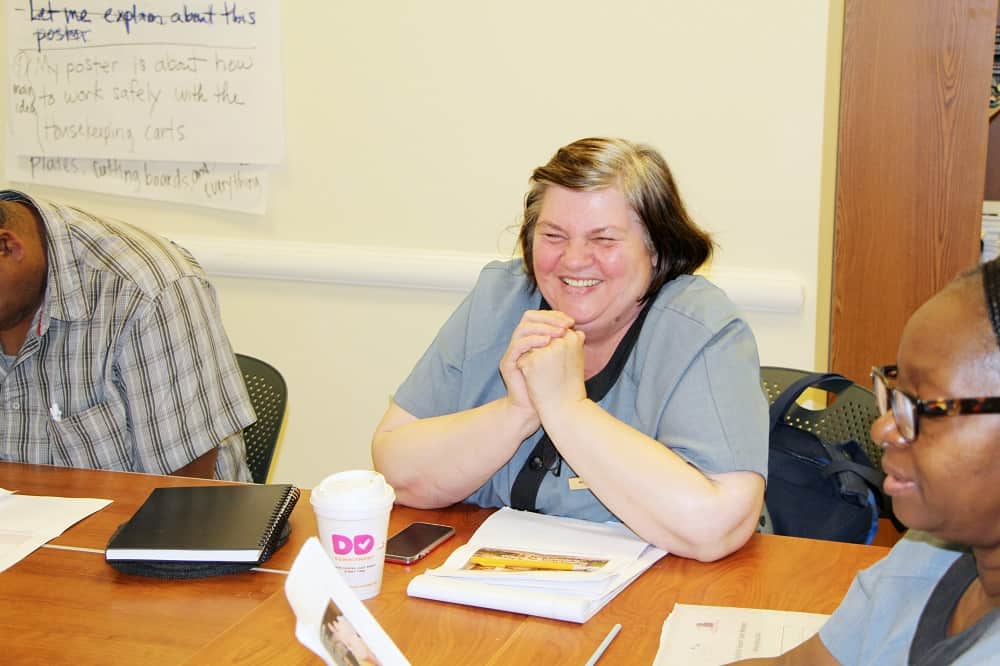
Africa
Fostering Literacy Through Community Libraries in Mozambique
World Education has provided literacy training, books, and technical support to Peace Corps volunteers and their communities through the Mozambique (Peace Corps) Community Library Program. To date, World Education has established 60 community libraries, trained 118 facilitators, reached 2,543 children, provided 64,526 books, 230 educational posters, 60 USB drives with materials and training manuals, and 60 art material kits.
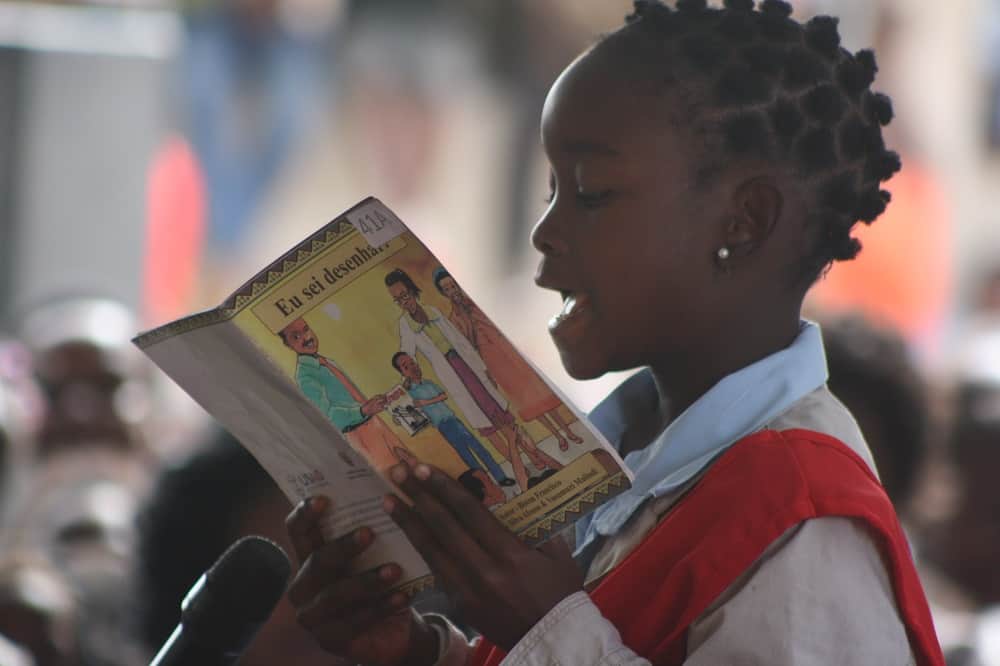
Reaching Out-of-School and Vulnerable Adolescent Girls
World Education’s Bantwana Initiative’s DREAMS Innovation Challenge project has reached more than 2,000 girls in Tanzania, Swaziland, and Zimbabwe with educational support and clinical services in the past year alone.
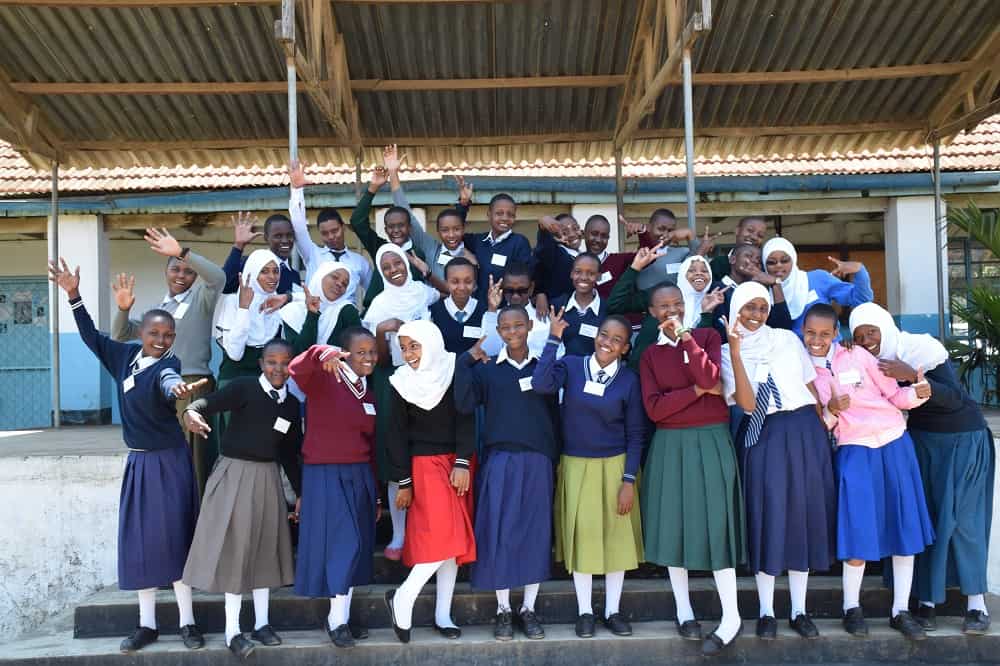
This and every year, we recognize that our work is not done alone. We want to thank our staff, partners, and individual donors for their ongoing support and for advocating for the world’s most marginalized communities.
To learn more read our 2017 Annual Report.

